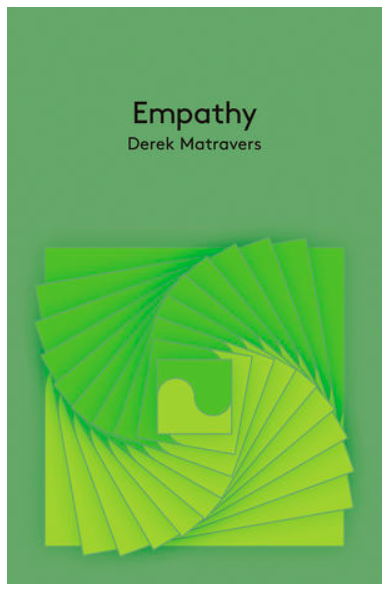Video Games and Virtual Ethics
Institute of Philosophy, School of Advanced Study, University of London
July 21-22, 2017
Is it morally wrong to play violent video games? Academics across numerous disciplines have taken an interest in these issues. Excellent work can be found in philosophy, psychology, media studies, sociology, and literary studies. However academics within these disciplines often do not talk to each other about their shared interest in games. With this conference, our aim is to promote cross-disciplinary dialogue on these issues.
Papers are invited that deal with issues relating to the ethics of video games. Topics may include (but not limited to) the role of imagination in our engagement with video games, the nature of fiction and the status of games as works of fiction, foundational questions about the moral framework needed to critique video games, or specific analyses of games and virtual actions within games.
Attendance at the conference is free, as is the conference dinner. All other costs will need to be met by the speakers themselves.
Essays should be no longer than 3,000 words (allowing for a 30 minute presentation). Submitted essays should be prepared for blind review. All contact information (including the author’s name, institutional affiliation, essay title, and email address) should be included in the email accompanying the submission. Essay submissions are due by 1 March 2017. Successful authors will be notified by early May. Submit essays in Word or PDF format to [email protected]. Please include ‘VGVE2017 Submission’ in the subject line.
Invited speakers:
Christopher Bartel (Philosophy, Appalachian State University)
Morgan Luck (Philosophy, Charles Sturt University)
Esther MacCallum-Stewart (Media Studies, University of the West of England)
Stephanie Patridge (Philosophy, Otterbein University)
Miguel Sicart (Game Studies, IT, University of Copenhagen)
Garry Young (Philosophy and Psychology, Nottingham Trent University)
Inquiries can be addressed to Christopher Bartel ([email protected]) or Derek Matravers ([email protected]). Please use ‘VGVE 2017’ in the subject line.
This conference is being generously supported by the British Society of Aesthetics and the Institute of Philosophy. The conference organizers value inclusivity and are committed to organizing this conference in accordance with BPA/SWiP guidelines.

